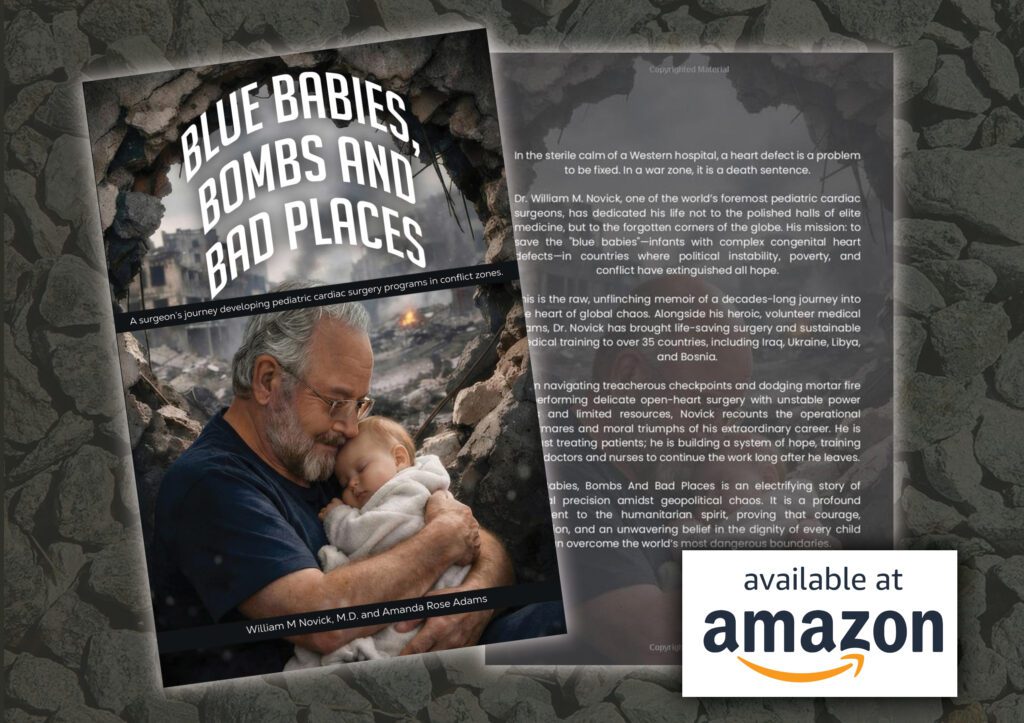

A terrified, skinny boy arrived at the hospital. The cardiologist from Benghazi is looked at his heart, recommending urgent surgery.
“Ramadan, will you let them operate on you?”
The 14 year-old has heard this question again and again for the past seven years. “Will you accept?”
His answer is always the same: “No.”
Fatherless and culturally an adult, Ramadan is old enough to make his own decision whether or not he will undergo surgery. He is also old enough to know what this will mean, what the process will be like, and what the outcome could be.
“He’s too afraid, he won’t accept,” his mother shared later.
Ramadan lives in Derna, a Libyan city with heavy jihadist leanings and that was recently under ISIS control, but his heritage is southern Libyan, what many people here call “original Libyan.”
Arabs, Greeks, Italians, Turks, and others have conquered and settled this part of the world, but Ramadan’s people were here long before that.


The cardiologist slides her probe over the bumps of Ramadan’s ribs as Dr. Novick leans forward, looks in his eyes, and says “Ramadan, we can make you feel better.”
Someone translates the words as Ramadan stares back.
His mother wipes Ramadan’s chest and helps pull his shirt down, a worried expression on her face. Ramadan’s face is blank the entire time.
Goodbyes are said, and the family begins to leave.
A few feet from the door, the cardiologist calls out more time: “Ramadan, will you let them operate on you?”
“…yes.”


A few days later, Doctor Novick and the team gave Ramadan the lifesaving heart surgery he needed, his recovery went beautifully, and he even told Stacey he didn’t want to leave! Thank you for sending our teams to serve children on the margins, in war-torn, ISIS-disputed territory like Libya.
You are giving families the chance to finally say “yes.”


